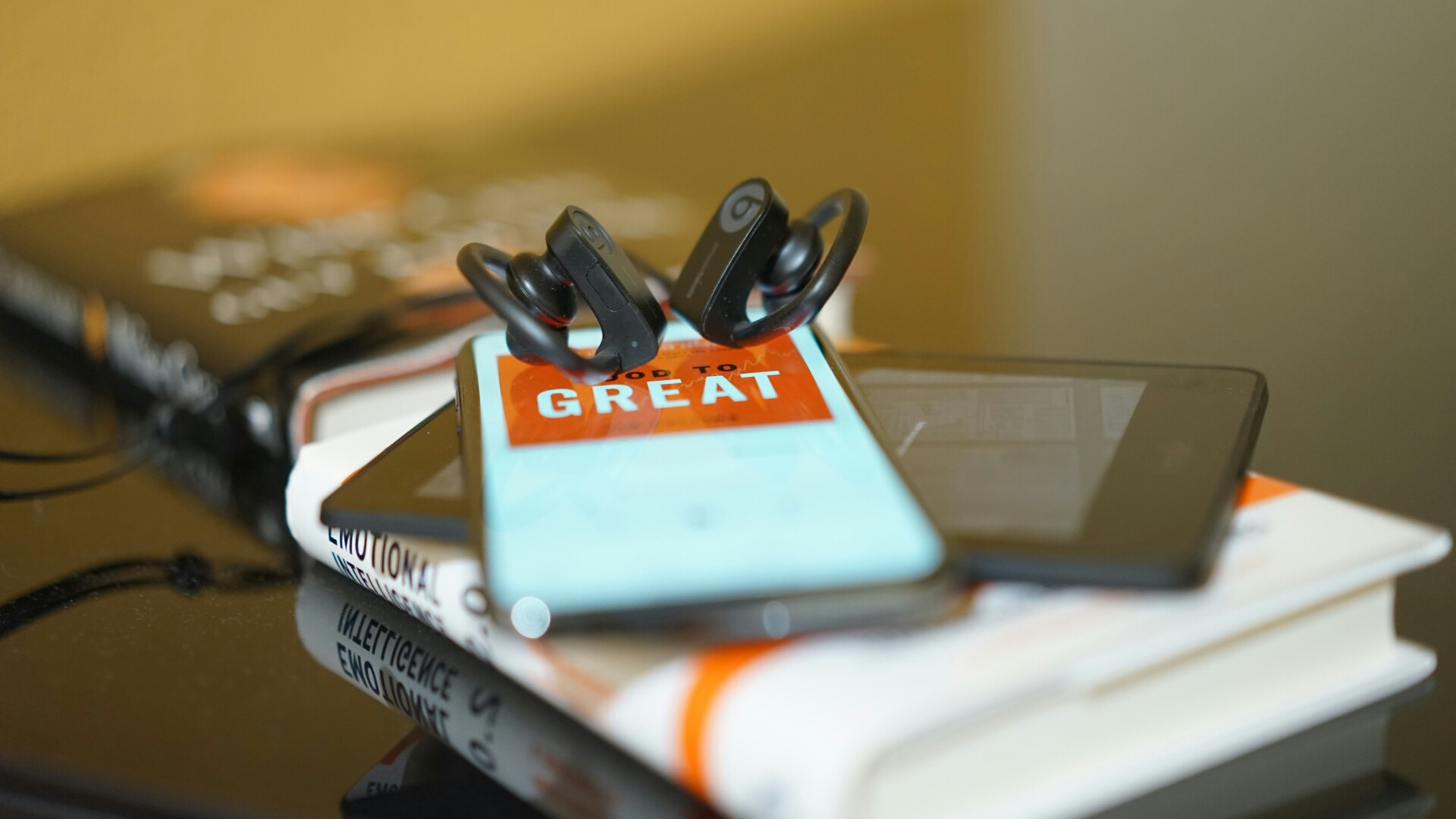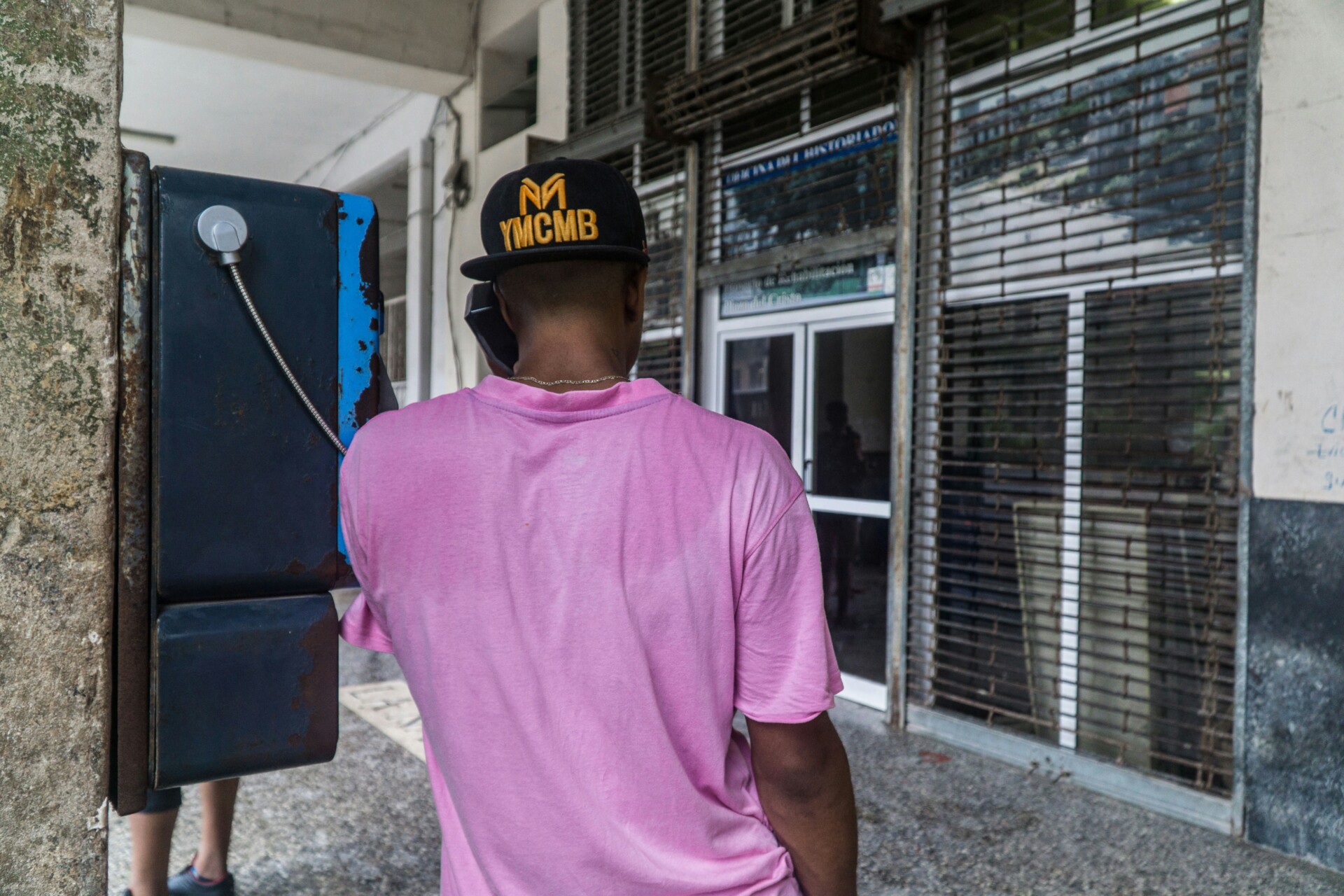Ah, the joys of getting to perform in-studio! You get to get out of wearing pajamas all day, interact with people face-to-face, and get some fresh air to boot. But, if you haven’t worked in-studio often (or at all), the first few times can feel a little daunting.
Fear not: we’ve got your back. With a few simple guidelines, you can represent yourself, and all of the work you’ve put in during your Such A Voice training, to the best of your abilities.
Arrive Early (But Not Too Early)
Recording studios aren’t huge spaces. While most of them feel pretty swanky and look really cool, the people who regularly work there are busy with multiple projects; they won’t have tons of time to just hang out and chat with you (however laid-back the foyer may be).
As a good rule of thumb, arriving (as in walking inside) around ten minutes before your appointment time is a good idea. If you’re there for an audition, that gives you time to sign in and read the copy. If you’re there for a session, that gives you time to use the restroom and look over the script.
Pro tip: don’t assume there’s parking. Give yourself time to scour the nearby streets, especially if you know the recording studio is in an urban location. You don’t want to walk in stressed and frazzled because you couldn’t find a space to fit your minivan.
Leave the Smelly Stuff at Home
Have you ever had the experience of walking past someone at the mall or gym who is doused in so much cologne or body spray that they would ignite at a gas pump? It’s awful. While they may love their scent, not everyone else shares the sentiment.
When you’re spending time in a small, enclosed space – especially if it’s for an extended period of time – any scented lotions or potions will stick around, which can be nauseating for anyone who comes after you (not to mention the possibility of allergies). On in-studio days, use unscented deodorant and lotion, and skip any body sprays or fragrances.
BYO Pencil and Water, Just in Case
Almost every professional studio you work in will stash some bottles of water and a few pencils on the stand. However, it never hurts to be prepared with your own small bag of these items. I always take a few bottles of water, a mechanical pencil, a few mints, and some green apple slices, which can help with mouth noises.
Just Take the Note
New people, pay attention!
A very common pitfall I see with new-to-the-game talent is trying to defend your original choices when given a note. There are few things more awkward than watching someone green try to explain “the reason I did it like that was___” , for five minutes, while everyone politely nods and makes note of your lack of experience.
Ultimately, while you probably had good reasons for making your initial choice, the reality is that neither the production team nor the client care. (That sounds harsh, but I’d rather you hear it from me than from them.) If you are given a note or direction in-studio, say “thank you,” then make the requested change. The only exception is if you need further clarification to understand the direction.
Say Thank You and Follow Up
After your session or audition ends, remember to say thank you in person. If it’s a booking, it’s also nice to send a follow-up email or message, if you worked with the client directly (versus your agent arranging the session). In a world that moves too fast and can often feel impersonal, taking a few minutes to say thank-you goes a long way.
While in-studio, know that not everyone likes to shake hands or hug. Read the body language of the folks you’re working with before going in for an awkward goodbye. If they want to wave, wave. If they want a hug (and you’re okay with it), return a friendly hug. Learn to mirror the vibe in the room, and you’ll feel like you fit in with the general vibe, while also making others comfortable.
Note that you do not need to send extravagant gifts as thank-yous. 64 gourmet cupcakes or expensive concert tickets make you look desperate, so a simple card (perhaps with a small item) will suffice for bookings. Trust me: I’ve seen casting directors and producers receive lavish items, and they just feel weird.
Hopefully, the next time you’re in-studio for a session, whether you’re seasoned or a newbie, these tips can help put you at ease and present like a pro!
Do you have other things to share about you prepare for professional sessions in-person? Share in the comments below.





